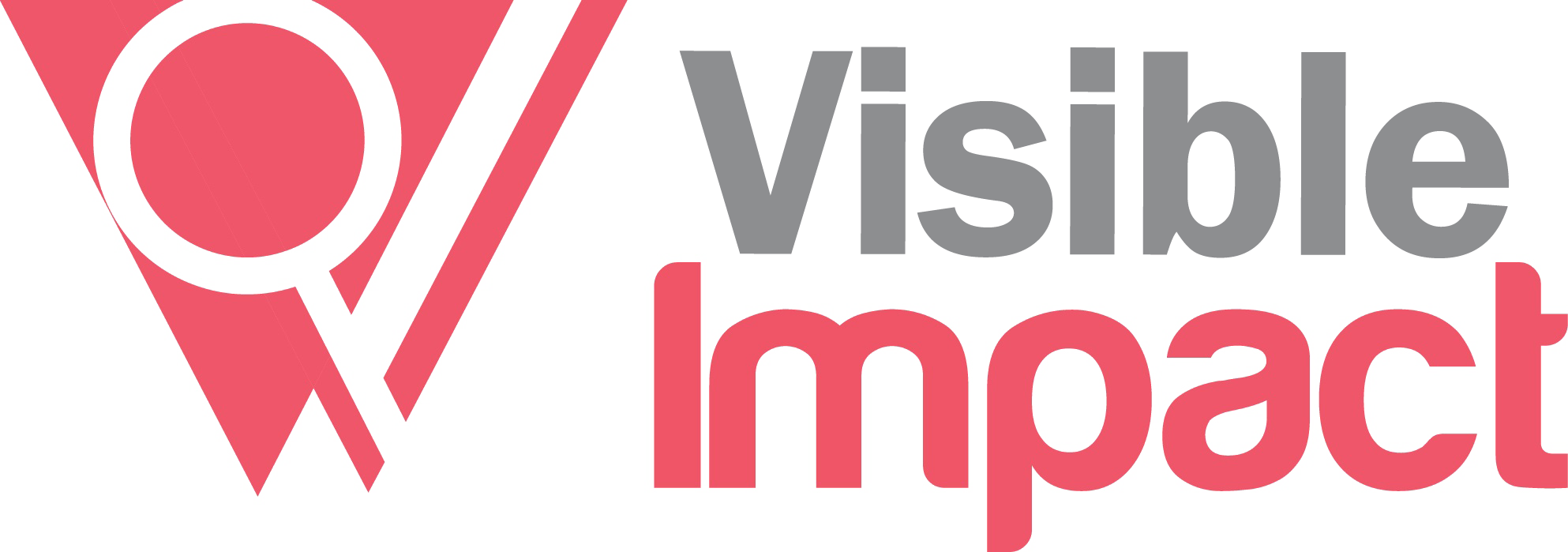"Menstrual discrimination in the woman's life cycle"
Women's bodies are remarkable mechanisms capable of incredible accomplishments, especially when it comes to pregnancy and childbirth. While childbirth is often celebrated as a significant achievement, a woman's life is more than just her ability to reproduce. The menstrual cycle is a crucial part of a woman's reproductive journey, but cultural norms and expectations often restrict her overall development. Unfortunately, Nepal is a country where horrendous human rights violations occur, and even discussing menstruation or women's rights is taboo. In the present day, Nepal needs to adopt an approach that respects menstruation. We need to recognize how severely menstruation discrimination can limit a woman's life span and opportunities.
In many cases, a female child is at risk of being subjected to sex-selective abortions. This is because she is considered a burden and, as a result, is left vulnerable, uninformed, and defenseless. Once she reaches the age of menstruation, she is made to feel inferior and restricted in every way possible, including physically, emotionally, sexually, and mentally. After a girl's first period, she is often prohibited from leaving her home and is either confined to a room or sent to live with relatives. Teenage girls who are about to begin menstruating are not provided with proper guidance either within their families or at school. This issue is particularly prevalent in areas where the Chauppadi Pratha is practiced, putting girls at risk of contracting diseases, snake bites, animal attacks, and other health hazards. The onset of menstruation brings with it a range of challenges and opportunities, including an increased risk of physical and verbal aggression such as sexual assault, eve-teasing, and catcalling. Women and girls are often denied the ability to participate in social, religious, and cultural activities throughout their lives.
Girls should be empowered to speak out against these subtle types of assault. If a girl is not appropriately supported by her family in the new complexity of biology, she may face discomfort which might likely increase the chances of being absent from school, and increase feelings of self-consciousness. Additionally, early marriage will result in early delivery, maternal mortality, and morbidity. The availability of information on Family Planning, Abortion, and Sexually Transmitted Diseases (STIs) is similarly deficient. All of these variables contribute to reproductive and urinary problems. Moreover, poor menstrual health and cleanliness can act as a catalyst for breast and uterine malignancies.
Many women assume that menopause will bring an end to their menstrual troubles. However, few are aware of the difficulties that arise after menopause. The body undergoes various biological changes, marking a new phase in a woman's life. Societal traditions, such as avoiding contact with male family members during menstruation or labeling certain days as impure, reinforce women's inferior status and lead to a life of discrimination.
While menstruation is a subjective and personal experience, it is also important to consider it from a societal perspective in terms of gendered structures, power perpetuation, gender expectations, and duties. It is past time to fight toward ending menstrual prejudice and creating a world where women may have healthy, happy, and productive lives. We must dismantle the deeply ingrained gender preconceptions that underpin menstruation discrimination.
Menstruation should not be considered filthy, shameful, or prohibited. We must encourage open and honest discussions about menstruation, as well as celebrate the role that women play in the creation of life. This will contribute to breaking down the gender barriers that perpetuate menstruation discrimination and fostering a more inclusive and fair society for all.
Menstrual discrimination is a widespread issue in Nepal that affects women throughout their lives. We must act quickly to address this issue and build a culture in which women may live with dignity, respect, and equality. Let us work together to challenge gender stereotypes, break period taboos, and empower girls and women to speak out against menstrual discrimination. Only then will we be able to build a world in which every woman may realize her full potential and live a life free of discrimination and injustice?
